Video sent to employees calling them back to the office
Workers have been sent a video from their employer asking them to stop working from home.
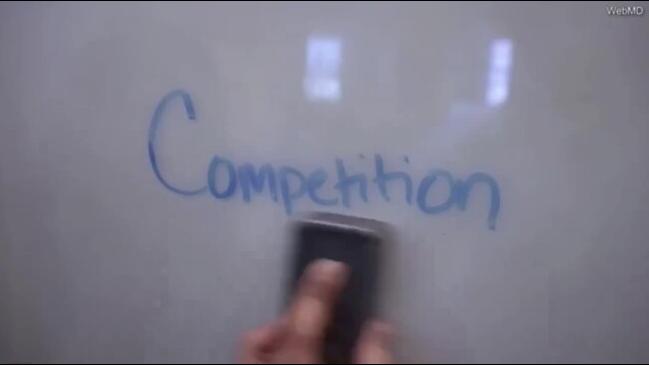
A short clip described as the “most soul crushingly bad corporate video” has been distributed to employees of WebMD’s parent company in an attempt to encourage people back to the office.
Bob Brisco, CEO of Internet Brands, urged workers to return based on the “simple reason that we’re better together”, and told teams: “We move faster and we get better results” in the office.
But the video was ruthlessly was roasted online.
The video, with a soundtrack of the Belle Stars song Iko Iko, also featured personal pleas from the company’s executive team who each begged workers to return so the company could work more efficiently.
“We need you ready and present and we need it now,” WebMD chief financial officer Blake DeSimone,” told viewers.
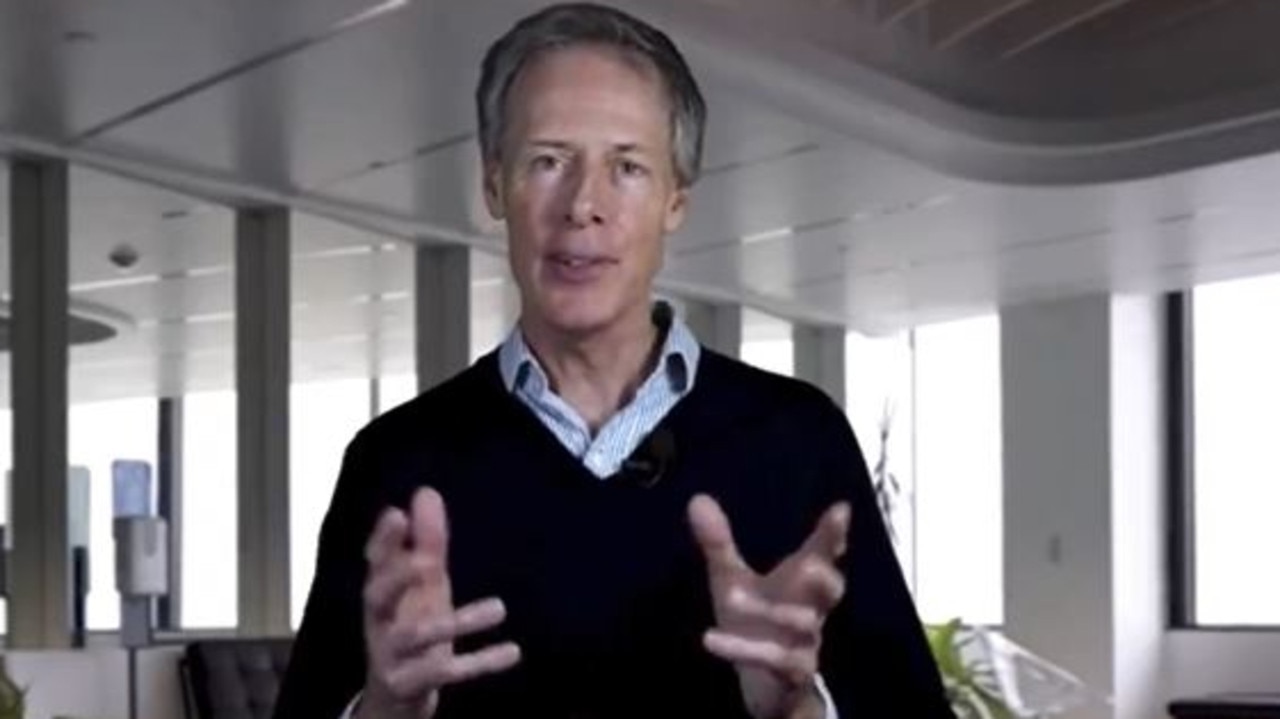
While Lisa Morita, chief operation officer of Internet Brants, said: “working face to face helps us create ideas faster and better so we have new products and offerings for our customers”.
Senior vice president of HR for Internet Brands, Lynn Tokeshi, argued that working in the office allowed people to better collaborate and “be better leaders”.
At one point, Steve Peraino, SVP of consumer services for WebMD, announced “we need to crush our competition” which was followed by the word “competition” being wiped from a whiteboard and a soft drink can being scrunched up.
Ms Tokeshi told viewers their managers would contact them with details on how their return to the office would “implemented and tracked”.
Mr Brisco also attempted to lay out the difference between “asking” and “informing” people to come in.
“We aren’t asking or negotiating at this point, we’re informing of how we need to work together going forward,” he announced.
“It’s for the simple reason that great companies are built by great people working together and seeing each other eye-to-eye and tackling a big task.”
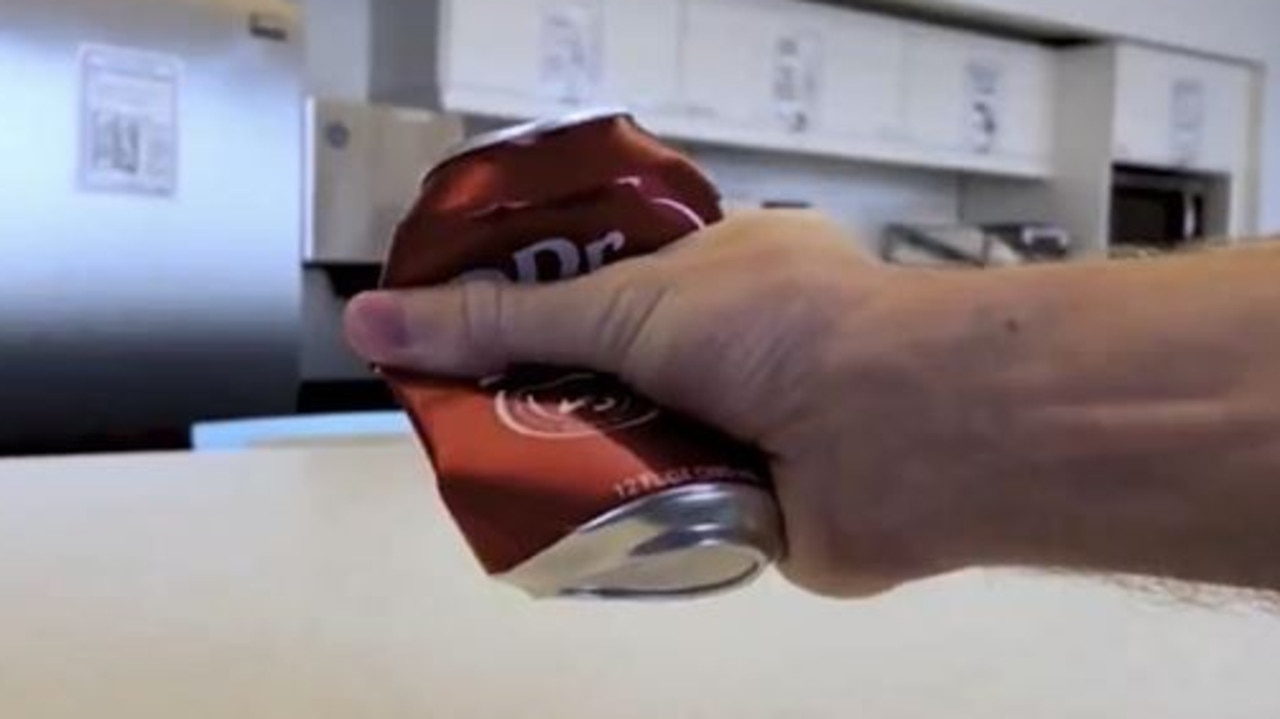
In another moment, a “join now” video call screen appeared, before the words: “everyone is in person now!” were typed across it.
It was a slight taste of what was to come – workers dancing on their own to Iko Iko’s lyrics, “jock-a-mo fee-no ai na-n”, which it later claims to translate to, “we mean business” or “don’t mess with us”.
The video appeared on X, formerly Twitter, over the weekend where it has been widely mocked.
“They have to brainstorm in person more creative ways to tell you that mark on your arm is cancer,” one reply read.
“What a joke. Anyone that has worked in any corporation is fully aware that the only reason these companies need workers back at the offices is due to lease agreements they can’t break.
Corporations weren’t prepared for the success of remote work and it shows,” another wrote.
Many questioned what possible competition existed for WebMD.
“Crush their competition? Who, Wikipedia and ChatGPT? Hell, even Google will tell you your cold is cancer now. WebMD having an office in the first place is pretty funny,” one wrote.
Others were more direct about what they thought of the video.
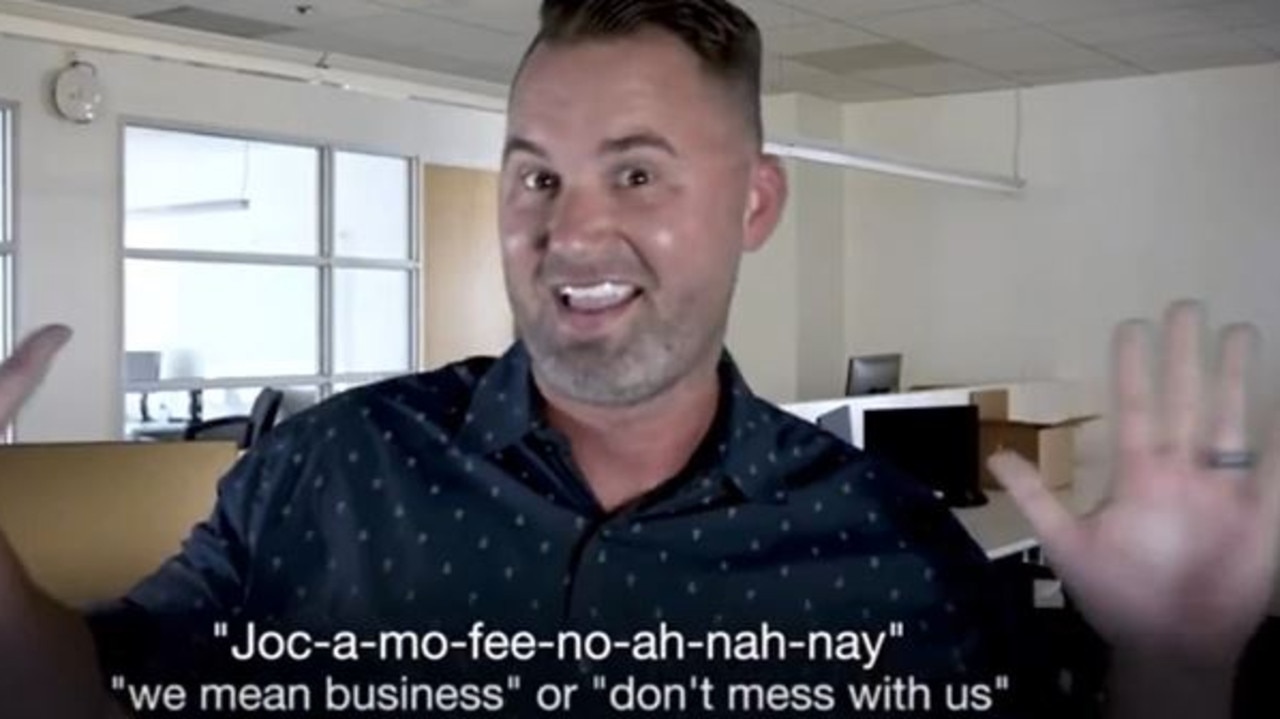
“Is this video an example of the quality of work they do when in the office?” one said.
“This is the most depressing thing I’ve ever seen,” another wrote.
Someone just had two questions to ask: “1) Why are all the people shot on green screens? (i.e. not in the office) 2) Why does it seem like they’re all being held at gunpoint?”
Aussies to head back to the office
While it was expected there would be an increase in Australian workers returning to the office this year, experts have predicted that hybrid working would be here to stay.
Oxford Economics senior economist Maree Kilroy said office occupancy rates would slowly increase throughout the year but hybrid working would remain.
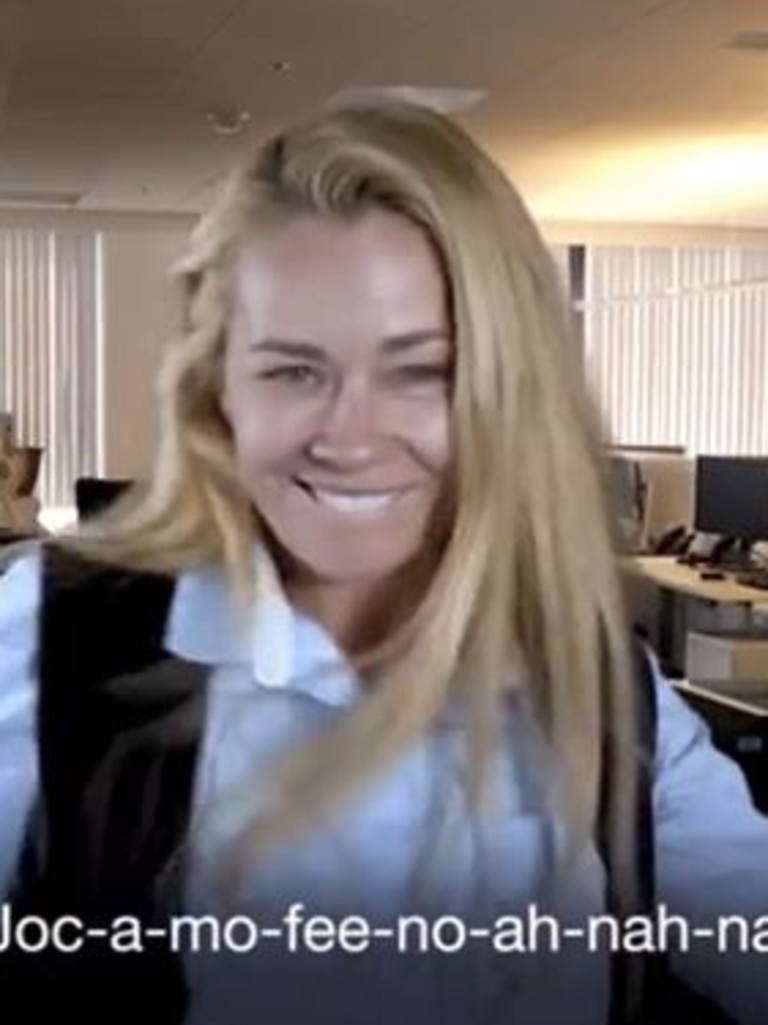
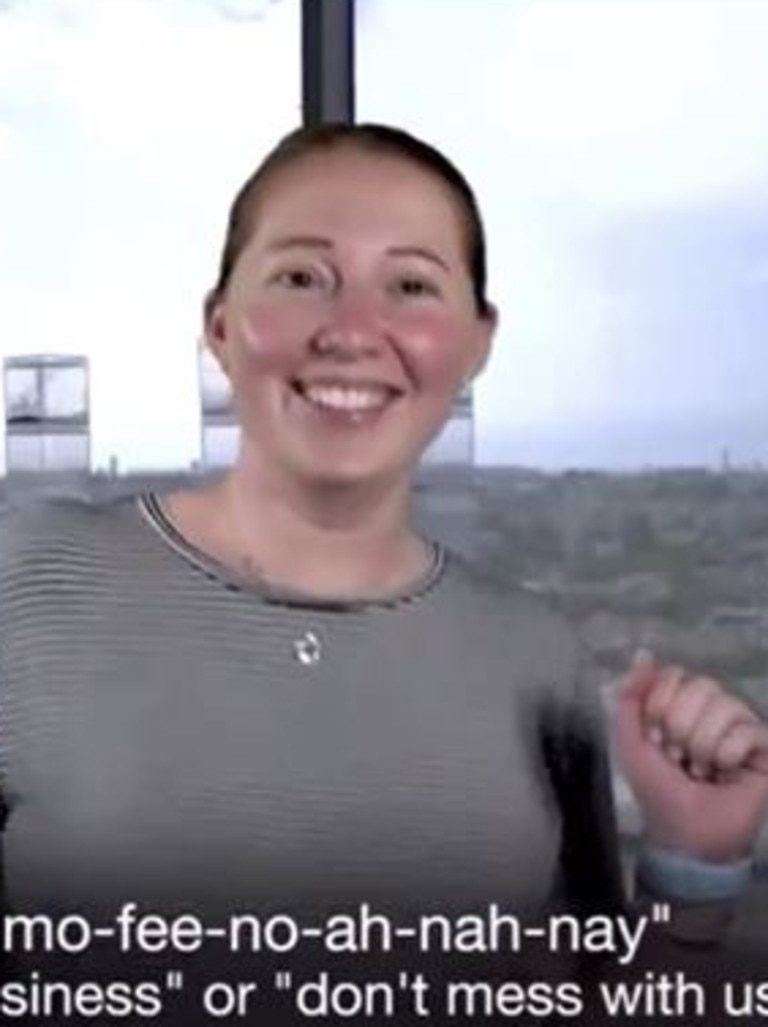
“We think it will take until at least the end of next year for office occupancy rates to stabilise, helped along by a recovery in economic growth forecasts from 2025,” she said.
“Meanwhile, many businesses are using hybrid working arrangements as a method of containing costs, while the economy slows. The shift to more permanent working arrangements is also taking time to play out as investments in new office fit-outs often only occur upon lease expiry.”
More than a quarter (27 per cent) of Australian employers surveyed by lawyers Herbert Smith Freehills for their Future Work report said that they would look at differentiating between the two groups in terms of salary in the next three to five years, with 13 per cent agreeing that remote workers should receive less pay and fewer benefits.
According to the survey, the vast majority of Australian businesses (83 per cent) expected their employees to work more in person over the next two years, higher than any other region with the global average sitting at 70 per cent.
This however clashes with the preference of workers, who largely enjoy flexible working arrangements according to Australian employment and industrial law barrister Ian Neil SC.
“Employers are clawing back some freedoms permitted during the pandemic, but the working world is forever changed,” he said.






